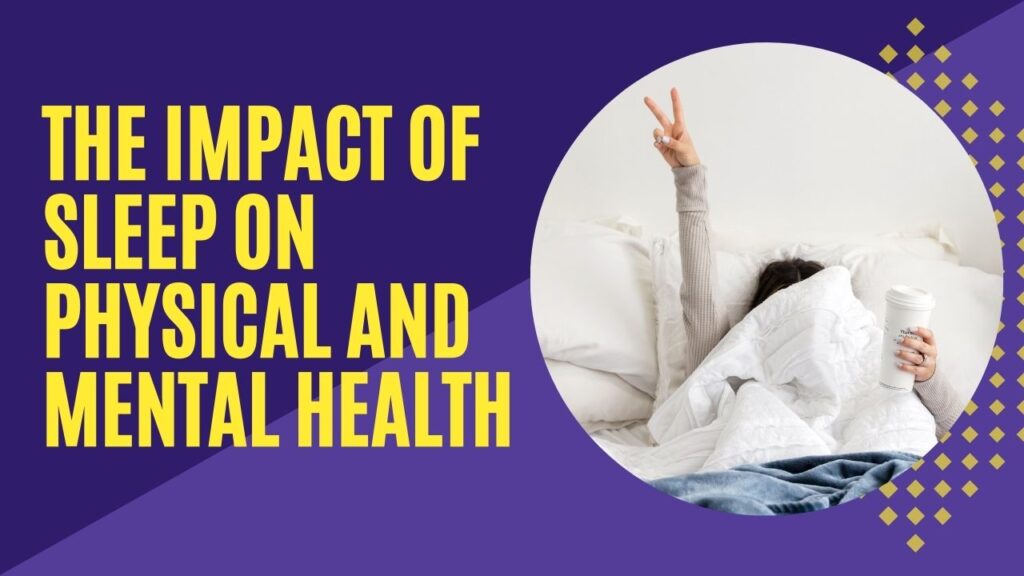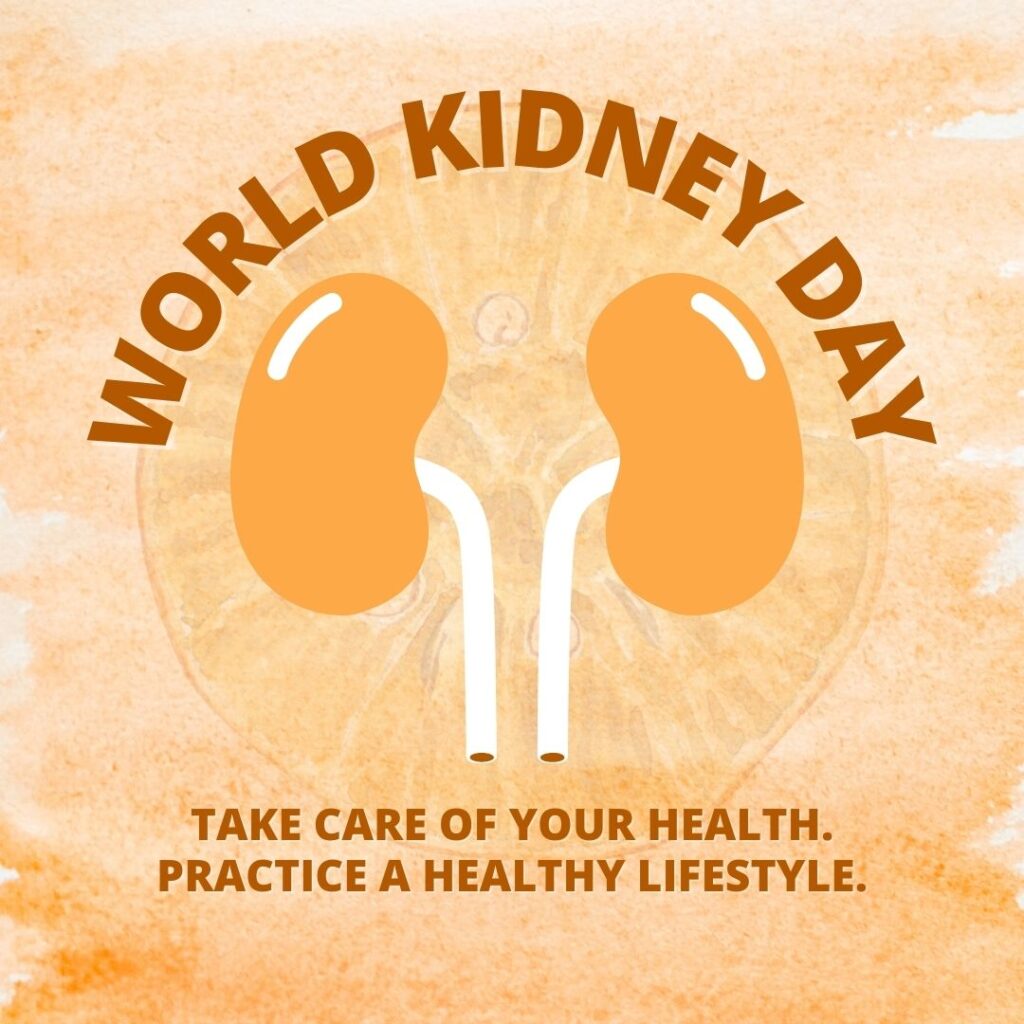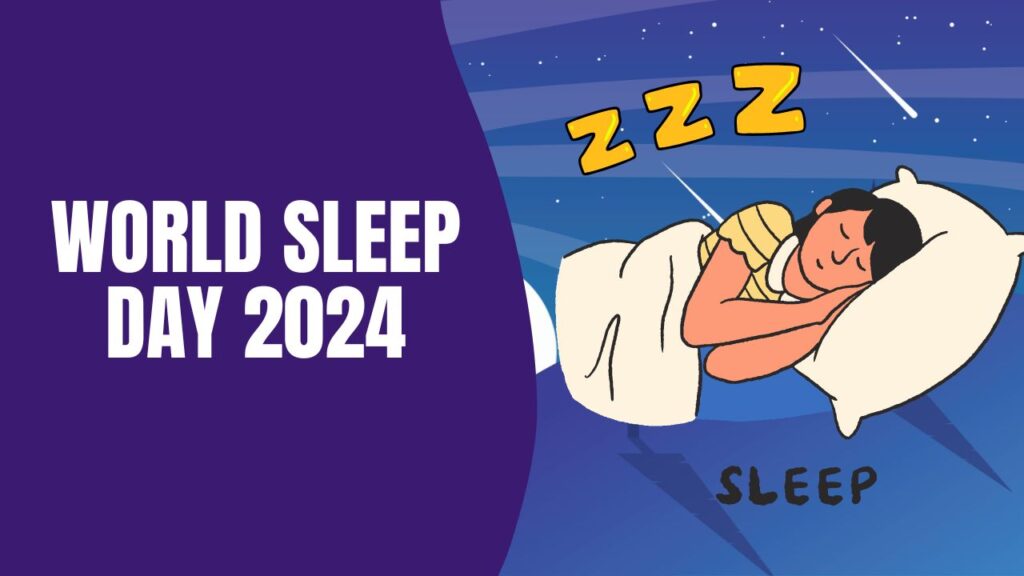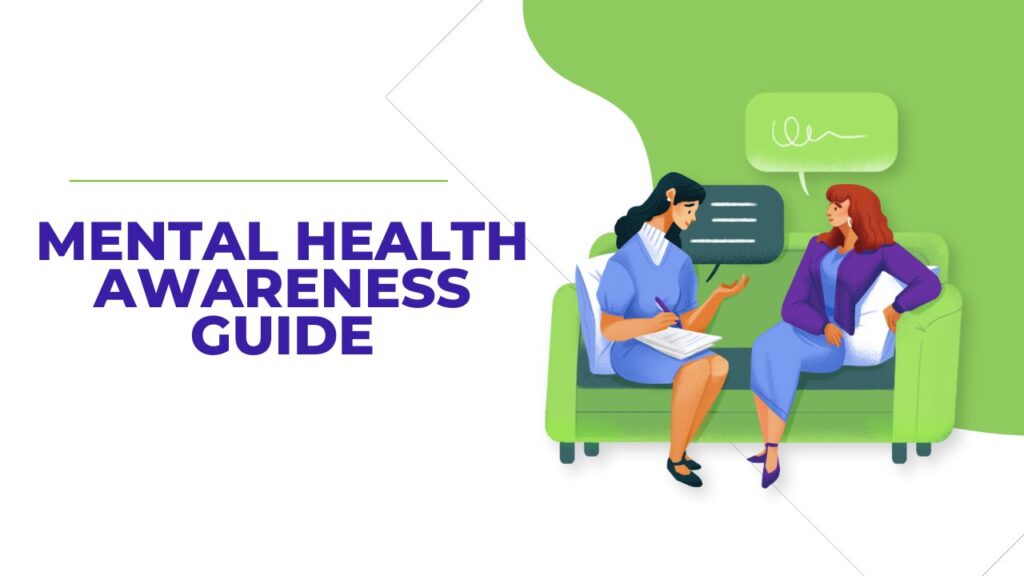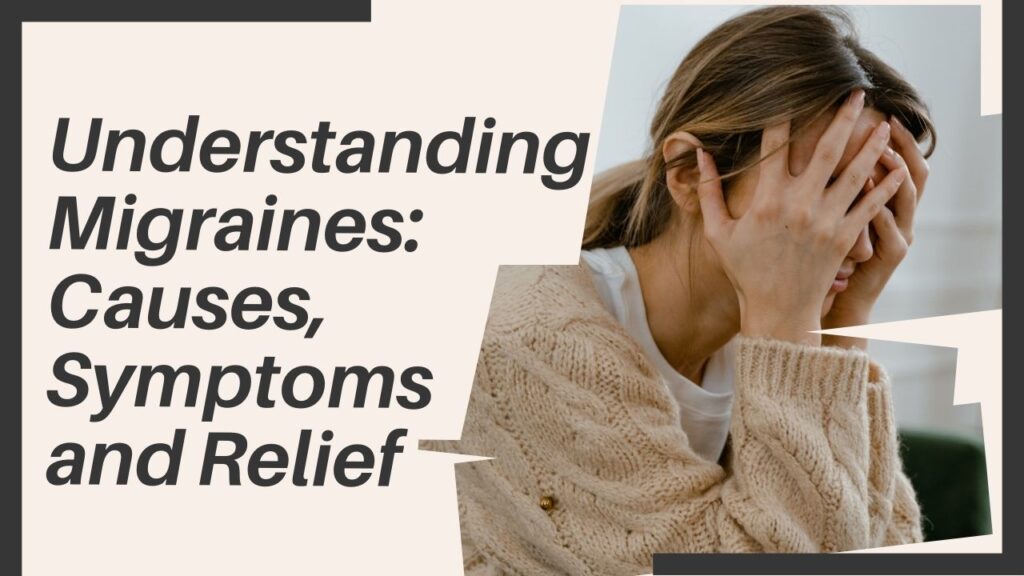Sleep is a fundamental aspect of our lives, essential for maintaining both physical and mental well-being. Yet, in today’s fast-paced world, sleep often takes a back seat to other priorities. In this article, we will explore the profound impact of sleep on our overall health, both physical and mental, discuss the benefits of prioritizing quality sleep, and introduce some of the best apps available to measure sleep.
Understanding the Importance of Sleep
Sleep is not merely a period of rest; it is a complex physiological process that plays a vital role in various bodily functions. During sleep, the body undergoes essential processes such as tissue repair, hormone regulation, and memory consolidation. Adequate sleep is crucial for maintaining optimal cognitive function, mood regulation, and overall health.
The Impact of Sleep on Physical Health
Quality sleep is closely linked to physical health and well-being. Chronic sleep deprivation has been associated with an increased risk of various health conditions, including obesity, heart disease, diabetes, and weakened immune function. On the other hand, getting enough sleep supports healthy metabolism, immune function, and cardiovascular health.
The Impact of Sleep on Mental Health
Sleep also plays a significant role in mental health and emotional well-being. Sleep disturbances, such as insomnia or irregular sleep patterns, can contribute to mood disorders like depression and anxiety. Adequate sleep is essential for emotional regulation, stress management, and maintaining overall mental resilience.
Power Naps: Benefits and Effectiveness
A power nap, typically lasting between 10 to 30 minutes, is a short period of sleep designed to boost alertness and cognitive function. Power naps have been shown to improve mood, enhance concentration, and increase productivity. By allowing the brain to rest and recharge, power naps can effectively combat midday fatigue and improve overall cognitive performance.
Best Apps to Measure Sleep
Tracking sleep patterns can provide valuable insights into sleep quality and help identify areas for improvement. Here are some of the best apps available to measure sleep:
1. Sleep Cycle
Sleep Cycle uses sound analysis to track sleep patterns and wakes you up during your lightest sleep phase, promoting a more natural waking experience.
2. Fitbit
Fitbit offers sleep tracking features on its wearable devices, providing detailed insights into sleep stages, duration, and quality. This app also tells you about taking a healthy diet.
3. SleepScore
SleepScore uses advanced algorithms and sensor technology to analyze sleep patterns and provide personalized recommendations for improving sleep quality.
4. Pillow
Pillow is a comprehensive sleep tracking app that monitors sleep stages, snoring, heart rate, and more, providing users with detailed sleep reports and insights.
5. SleepWatch
SleepWatch utilizes machine learning algorithms to analyze sleep patterns and provide personalized sleep coaching based on individual data and goals.
Conclusion
In conclusion, prioritizing quality sleep is essential for maintaining optimal physical and mental health. By understanding the importance of sleep hygiene and implementing healthy sleep habits, we can improve our overall well-being and quality of life. With the help of sleep tracking apps, we can gain valuable insights into our sleep patterns and take proactive steps towards achieving better sleep.
FAQs
How many hours of sleep do adults need each night?
Most adults require 7 to 9 hours of sleep per night to maintain optimal health and functioning.
What are some tips for improving sleep quality?
Tips for improving sleep quality include maintaining a consistent sleep schedule, creating a relaxing bedtime routine, and ensuring a comfortable sleep environment.
Can sleep deprivation impact cognitive function?
Yes, sleep deprivation can impair cognitive function, including memory, concentration, and decision-making abilities.
Are there any natural remedies for improving sleep?
Yes, some natural remedies for improving sleep include practicing relaxation techniques, such as meditation or deep breathing exercises, and avoiding stimulants like caffeine or electronics before bedtime.
How accurate are sleep tracking apps?
Sleep tracking apps vary in accuracy, but they can provide valuable insights into sleep patterns and trends over time when used consistently.


